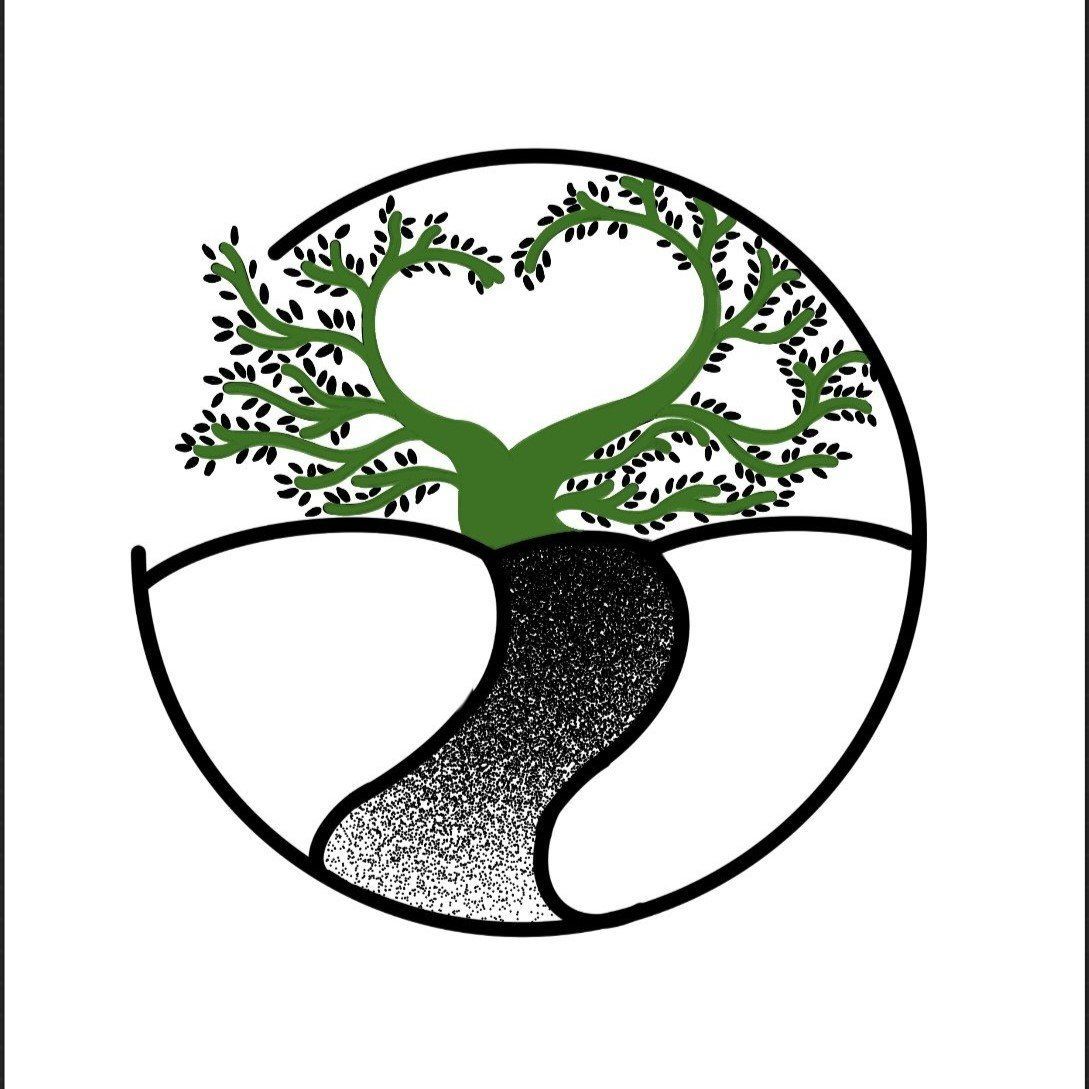Local and Online EMDR Therapy Intensives in Virginia
Empowering You to Heal, Grow, and Move Forward
What Is EMDR Therapy?
EMDR (Eye Movement Desensitization and Reprocessing) is a powerful, evidence-based therapy used to help people heal from trauma and emotional distress. Think of your brain as a library, where each memory is like a book on a shelf. When you experience something traumatic, that “book” can get misplaced—leaving you feeling stuck, overwhelmed, or anxious.
EMDR helps your brain reorganize and process painful memories using specific techniques like guided eye movements or tapping. This process helps those memories become less emotionally charged and easier to manage.
As a trauma therapist trained in EMDR, I’m passionate about helping clients experience real relief and long-term healing. Whether you're dealing with trauma, anxiety, or past emotional wounds, EMDR therapy offers a path to peace and clarity.

Understanding the steps to healing
How EMDR Therapy Works
EMDR therapy follows an eight-phase, evidence-based approach designed to help you safely process trauma and reshape negative beliefs. These phases include history taking, preparation, assessment, desensitization, installation, body scan, closure, and reevaluation.
Through a structured process using techniques like eye movements or tapping, EMDR allows you to revisit distressing memories in a safe way, reduce emotional overwhelm, and replace limiting beliefs with empowering ones. Over time, this therapy can help you feel more grounded, in control, and emotionally free.
Benefits of EMDR Therapy
- Faster relief from emotional pain: EMDR therapy often leads to quicker emotional breakthroughs compared to traditional talk therapy. By targeting the root of your distress, it helps your brain reprocess painful memories, leading to lasting relief in less time.
- Reduced triggers and flashbacks: You may find that once-distressing triggers and flashbacks begin to fade. EMDR helps desensitize these reactions, allowing you to feel more in control and less emotionally hijacked by the past.
- Improved sleep and focus: As anxiety and trauma responses decrease, many clients report better sleep quality and improved concentration. With a calmer mind, falling and staying asleep becomes easier, and daily tasks feel more manageable.
- Stronger sense of self and confidence: By clearing away negative beliefs tied to past experiences, EMDR allows your natural strengths and self-worth to shine. You’ll begin to trust yourself more and feel confident in who you are.
- Better emotional regulation: With fewer emotional spikes and overwhelming responses, you’ll gain tools to manage stress and regulate your emotions effectively—leading to more balanced reactions in everyday situations.
- Long-term healing without having to “talk through” every detail: One of the unique advantages of EMDR is that you don’t need to verbalize every traumatic experience. The process allows your brain to heal even without in-depth storytelling, making it a powerful option for those who find talking about trauma too painful.
FAQs
Frequently Asked Questions About EMDR Therapy
Do I have to talk in detail about my trauma?
No. One of the advantages of EMDR is that you don't have to talk through every detail of your trauma. The focus is on your thoughts, emotions, and body sensations related to the experience—not on retelling the entire event.
How long does EMDR therapy take to work?
Everyone’s journey is different. Some clients experience relief in just a few sessions, while others may need several months of work, depending on the complexity of their trauma. Your therapist will work with you to find a pace that feels safe and effective.
Can EMDR therapy be done online?
Yes! EMDR therapy can be effectively conducted through telehealth. Many clients find virtual sessions more comfortable, as they can participate from the privacy of their own home.
Is EMDR right for me?
EMDR is highly effective for many people dealing with trauma, anxiety, PTSD, grief, and more. If you’re ready to explore new ways to heal and move forward, EMDR may be a great fit for your therapy journey.
